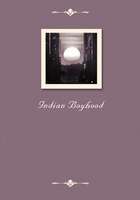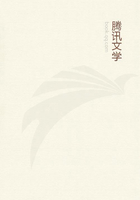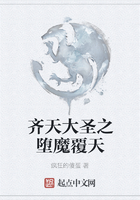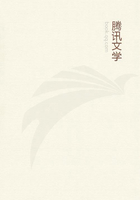The common perils and duties confronting the Americas as a result of the Great War, however, made close cooperation between the Hispanic republics and the United States up to a certain point indispensable. Toward that transatlantic struggle the attitude of all the nations of the New World at the outset was substantially the same. Though strongly sympathetic on the whole with the "Allies" and notably with France, the southern countries nevertheless declared their neutrality. More than that, they tried to convert neutrality into a Pan-American policy, instead of regarding it as an official attitude to be adopted by the republics separately. Thus when the conflict overseas began to injure the rights of neutrals, Argentina and other nations urged that the countries of the New World jointly agree to declare that direct maritime commerce between American lands should be considered as "inter-American coastwise trade," and that the merchant ships engaged in it, whatever the flag under which they sailed, should be looked upon as neutral. Though the South American countries failed to enlist the support of their northern neighbor in this bold departure from international precedent, they found some compensation for their disappointment in the closer commercial and financial relations which they established with the United States.
Because of the dependence of the Hispanic nations, and especially those of the southern group, on the intimacy of their economic ties with the belligerents overseas, they suffered from the ravages of the struggle more perhaps than other lands outside of Europe. Negotiations for prospective loans were dropped.
Industries were suspended, work on public improvements was checked, and commerce brought almost to a standstill. As the revenues fell off and ready money became scarce, drastic measures had to be devised to meet the financial strain. For the protection of credit, bank holidays were declared, stock exchanges were closed, moratoria were set up in nearly all the countries, taxes and duties were increased, radical reductions in expenditure were undertaken, and in a few cases large quantities of paper money were issued.
With the European market thus wholly or partially cut off, the Hispanic republics were forced to supply the consequent shortage with manufactured articles and other goods from the United States and to send thither their raw materials in exchange. To their northern neighbor they had to turn also for pecuniary aid. APan-American financial conference was held at Washington in 1915, and an international high commission was appointed to carry its recommendations into effect. Gradually most of the Hispanic countries came to show a favorable trade balance. Then, as the war drew into its fourth year, several of them even began to enjoy great prosperity. That Pan-Americanism had not meant much more than cooperation for economic ends seemed evident when, on April 6, 1917, the United States declared war on Germany. Instead of following spontaneously in the wake of their great northern neighbor, the Hispanic republics were divided by conflicting currents of opinion and hesitated as to their proper course of procedure. While a majority of them expressed approval of what the United States had done, and while Uruguay for its part asserted that "no American country, which in defense of its own rights should find itself in a state of war with nations of other continents, would be treated as a belligerent," Mexico veered almost to the other extreme by proposing that the republics of America agree to lay an embargo on the shipment of munitions to the warring powers.
As a matter of fact, only seven out of the nineteen Hispanic nations saw fit to imitate the example set by their northern neighbor and to declare war on Germany. These were Cuba--in view of its "duty toward the United States," Panama, Guatemala, Brazil, Honduras, Nicaragua, and Costa Rica. Since the Dominican Republic at the time was under American military control, it was not in a position to choose its course. Four countries Ecuador, Peru, Bolivia, and Uruguay--broke off diplomatic relations with Germany. The other seven republics--Mexico, Salvador, Colombia, Venezuela, Chile, Argentina, and Paraguay--continued their formal neutrality. In spite of a disclosure made by the United States of insulting and threatening utterances on the part of the German charge d'affaires in Argentina, which led to popular outbreaks at the capital and induced the national Congress to declare in favor of a severance of diplomatic relations with that functionary's Government, the President of the republic stood firm in his resolution to maintain neutrality. If Pan-Americanism had ever involved the idea of political cooperation among the nations of the New World, it broke down just when it might have served the greatest of purposes. Even the "A B C" combination itself had apparently been shattered.

